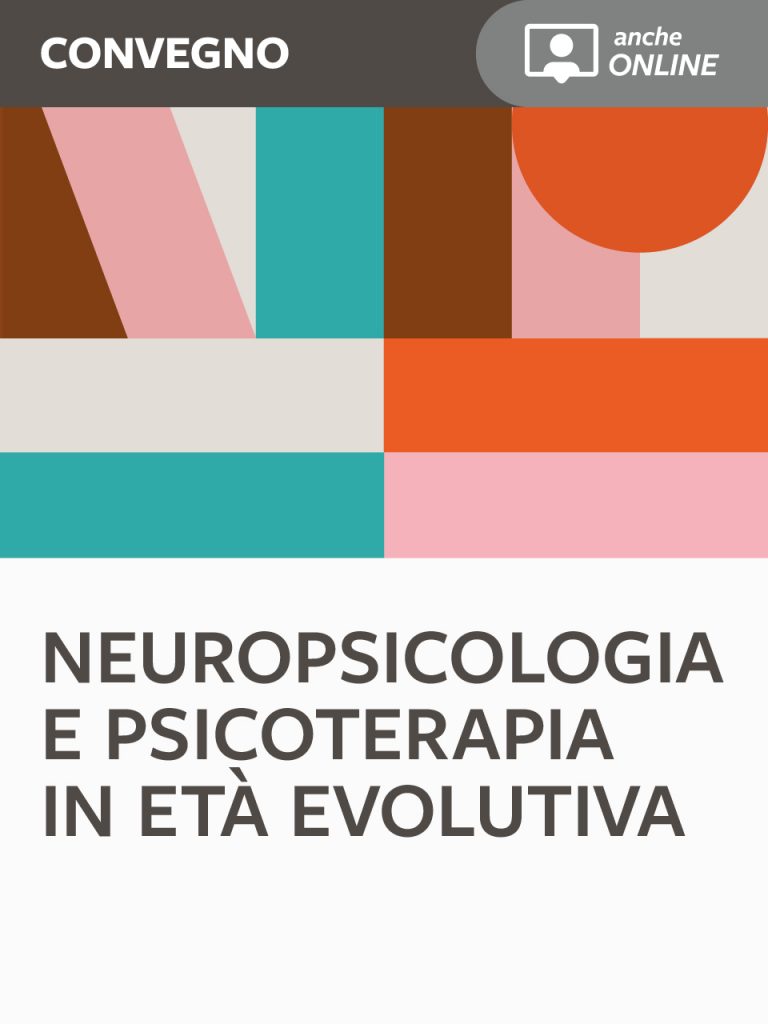Reading difficulties and a personalized cognitive model for learning
Stefano Costantini
In this article, we investigate the case study of P., a child attending his fourth year at an Italian primary school, with a diagnosis of dyslexia made by a specialized diagnostic centre. During classroom observation, P. shows a general lack of motivation towards studying, but also curiosity and enthusiasm for the subjects of history and geography. Starting from P.’s interest and pleasure in learning off by heart the line-ups of football teams in series A, B and C, and from his peculiar way of memorizing things, the aim of the present study was to identify a cognitive model in which to insert ad hoc constructed schemes, in order to encourage learning of the disciplinary contents of a history topic (Egyptian civilization). The construction of a personalized mnemonic strategy in the hypothesis that it could stimulate the involvement of some skills related to executive functions has allowed P. to achieve more than satisfactory results in terms of metacognitive regulation and self-regulated learning, restoring an adequate sense of self-efficacy in the child and the belief that he has the necessary skills to improve his cognitive performance.
Keywords
Learning disorders, Executive Functions, Memorisation techniques, Metacognitive regulation, Self-regulated learning.

